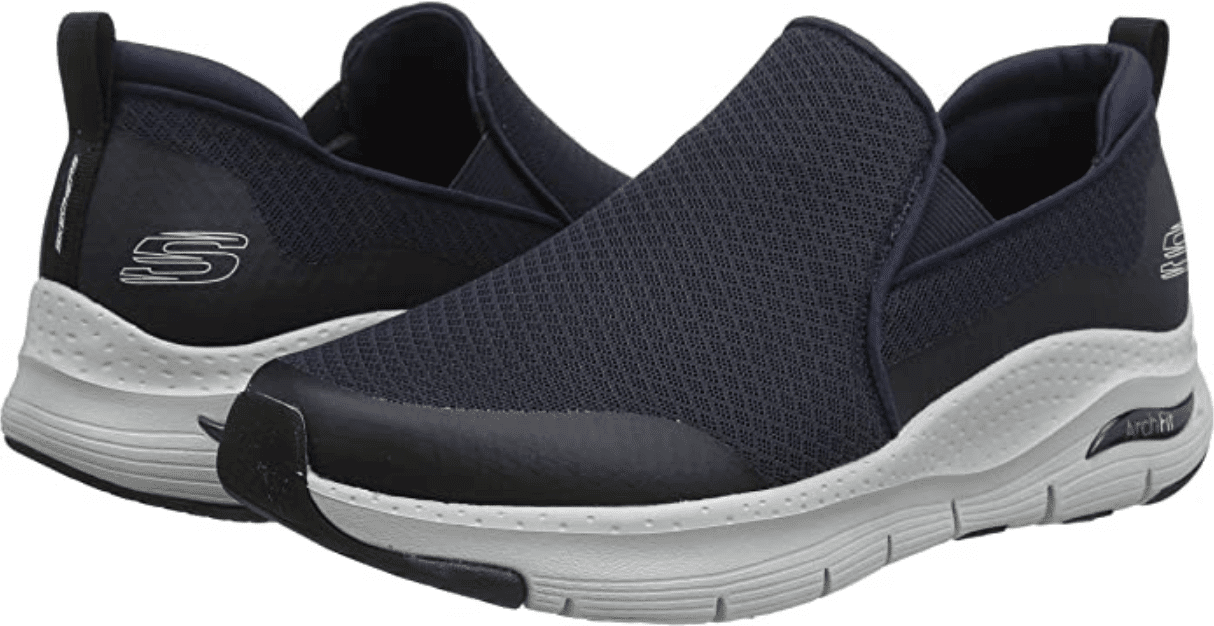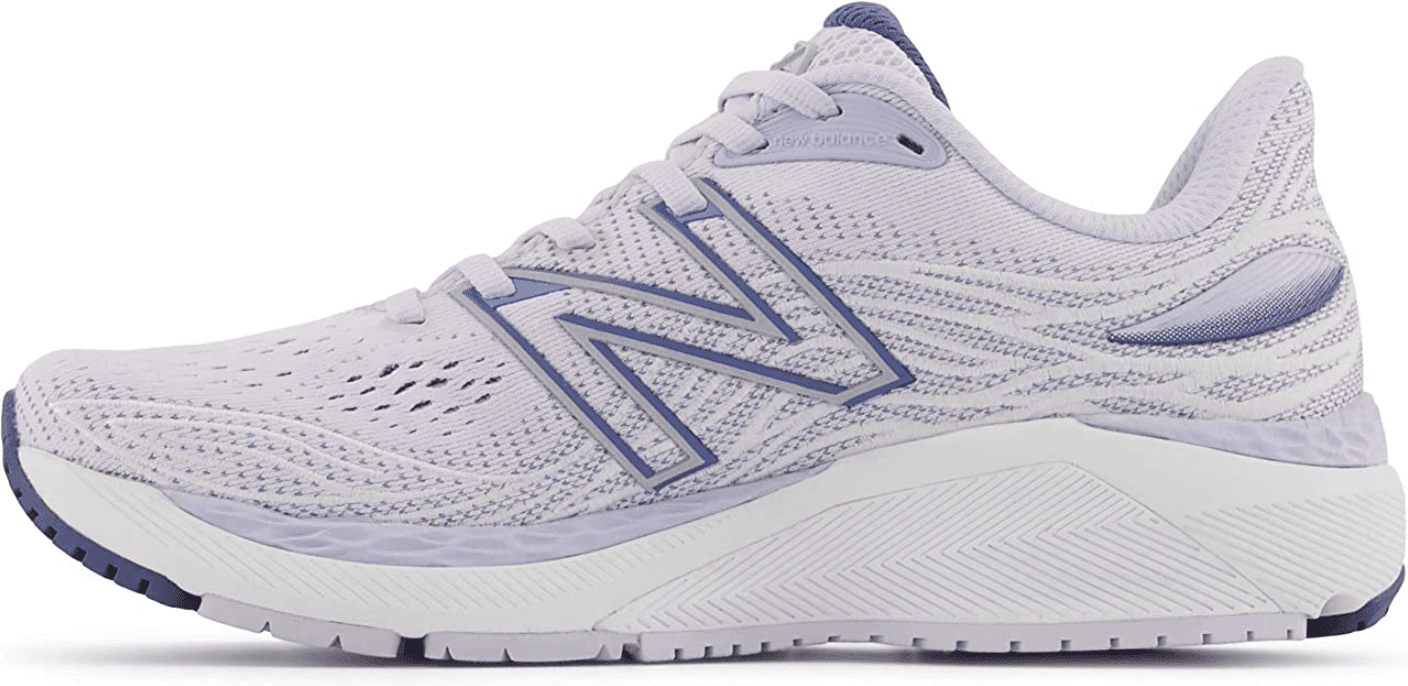Haglund’s Deformity Exercises
Read More >
A Haglund’s Deformity grows on the back of the heel bone, and when it is compressed, it can cause increased pain levels due to swelling and inflammation. Physical Therapy exercises and the correct shoes are effective forms of treatment for this condition. Haglund’s Deformity is a condition that we often see in our clinics, and this article will share with you the shoes that we find most effective for pain relief from Haglund’s Deformity.
James McCormack is a Physical Therapist specialising in knee, foot & ankle injuries. www.james-mccormack.com participates in the Amazon Services LLC Associates Program, an affiliate advertising program designed to provide a means for sites to earn advertising fees by advertising and linking to Amazon.com. The money earned from this helps us to create free educational content.
The best shoes for Haglund’s Deformity should have a soft, deep heel cup and a structured midsole with a cushioned responsive sole.

We recommend the Skechers Gowalk Arch Fit for Haglund’s deformity due to their soft heel, extra cushioning, slip-on mesh and structured midsole.
The soft cushioned heel reduces friction and compression on the heel bone, while the cushioning within the sole reduces the impact on the heel when walking.
The Sketchers Gowalk Arch Fit has a built-in insole to control excess pronation moments that can irritate Haglund’s Deformity.
We recommend the New Balance Fresh Foam X860 V12 for running with Haglund’s Deformity due to their 10mm heel drop, cushioned heel cup and structured midsole.
The 10mm heel drop reduces tension on the Achilles Tendon and the Haglund’s Deformity throughout the gait cycle and when standing. In contrast, the cushioned heel cup reduces friction on the calcaneus.
The New Balance Fresh Foam X860 V12 have a medial posting that controls pronation moments and provides extra running comfort.
New Balance Fresh Foam for WomenNew Balance Fresh Foam for Men

This is not medical advice. We recommend a consultation with a medical professional such as James McCormack. He offers Online Physiotherapy Appointments weekly.
Related Article: Best Exercises for Haglund’s Deformity